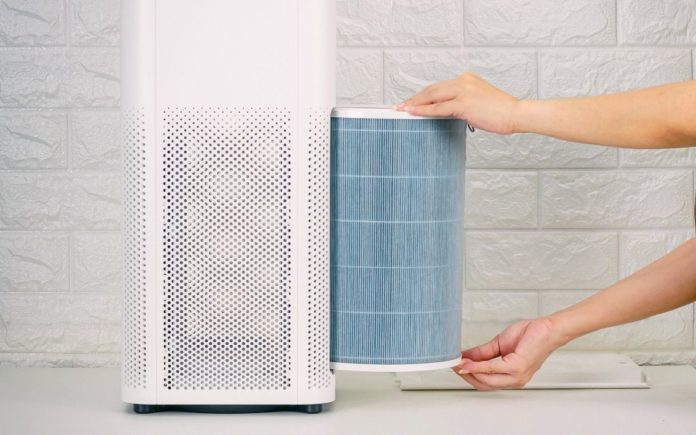You can’t ignore the health effects of air pollution and poor indoor air quality. These things don’t just make breathing uncomfortable—in some instances, the effects are life threatening.
Pathogens that affect air quality include smoke, dust, pollen, pet dander, and gases. Reducing these impurities in your home is essential to creating a relaxing and healthy environment. Here are the most negative health effects of poor air quality.
Poor Air Quality Worsens Chronic Conditions
Exposure to air pollutants is damaging to your health no matter how long it goes on. This is especially true for people with chronic conditions such as chronic obstructive pulmonary disease (COPD), emphysema, and bronchitis.
Low-quality air disrupts the ability to breathe for individuals who suffer from these conditions, and they can lead to even worse outcomes later on. Failure to prevent exposure to air pollutants can cause heart disease, lung cancer, or respiratory infections in those prone to these conditions.
Many People Are Unaware of the Effects of Poor Air Quality
The elderly, children, and people who live in low-income neighborhoods all suffer from a disproportionate amount of air pollution, but they don’t always know they’re suffering. There are correlations between these specific demographics and the asthma population. Additionally, children in urban areas are more likely to receive hospital visits for asthma than those who live outside cities, which means air pollution is a factor in asthma. Also, people who live by factories or in industrial areas might breathe dirtier air as a byproduct of pollution.
Air Quality Varies Based on Countless Different Factors
Preventing exposure to air pollution and poor indoor air quality is difficult because numerous factors can cause them. Some factors that affect how much damage the air can do to our bodies include the temperature, weather, season, time of day, and proximity to a source of pollution.
Indoors, the biggest risk factors are smoke, lead dust, and radon exposure. Regularly changing the air filter in your HVAC system is the best way to maintain clean air in your home as well as your family members’ health, especially those with allergies.
Overall, you can minimize the damage that poor air quality can do to your body if you know what causes it. Now that you know the most negative health effects of poor air quality, you can take the right steps toward becoming healthier and safer.





















